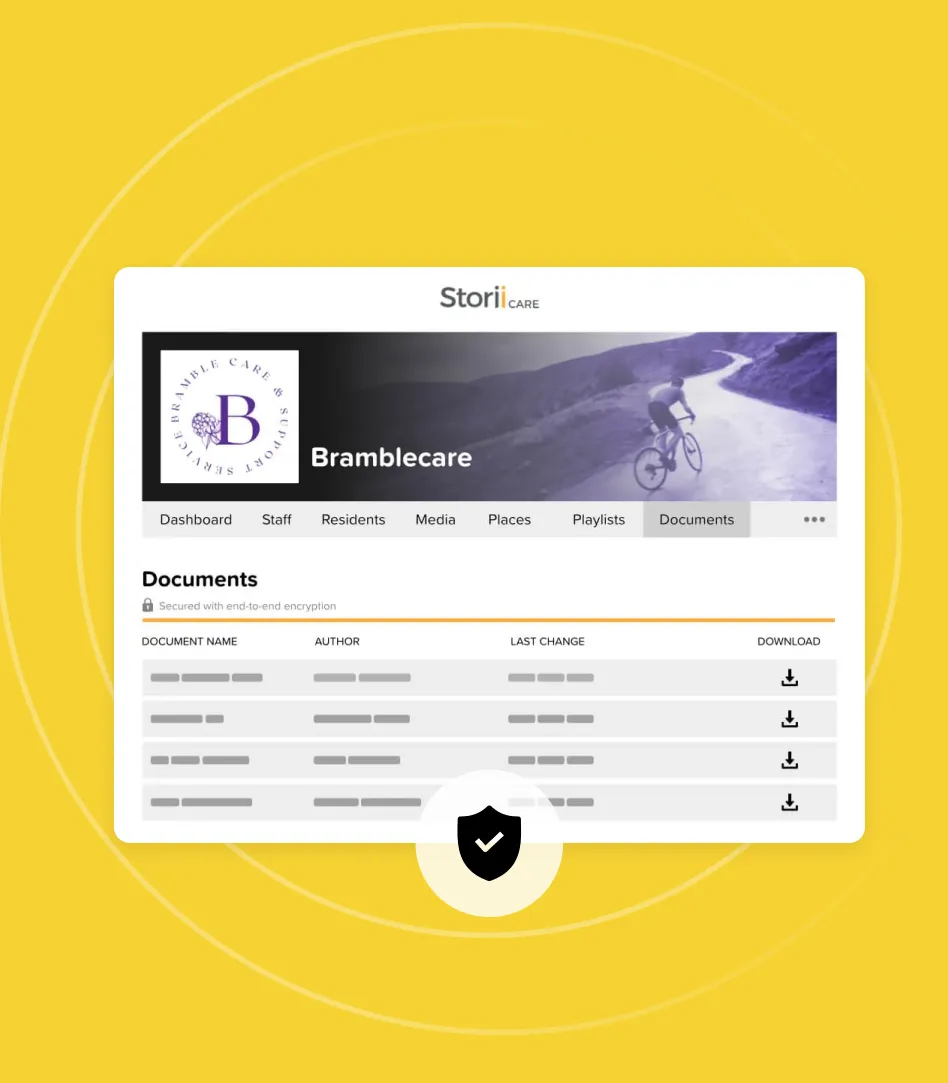Dealing with Feelings of Guilt as a Family Caregiver
Guilt is a complex emotion. There is no easy way to overcoming it. Everyone is different and each individual has their own unique methods of coping. Sometimes guilt is good and necessary. Feelings of guilt can be a catalyst for positive change and self development. Generally, this happens as a result of guilt making us want to right a wrong or empathize with someone else's feelings. However, guilt can also hinder us from taking care of ourselves.
Family caregivers describe experiencing guilt frequently. When someone you love depends on you for help, it is easy to feel guilty any time you cannot be there for them. Additionally, it may feel selfish to prioritize your own wants and needs. Especially when you're so used to putting their needs above your own. Everyone needs to take a break from duties and enjoy their life. But when your loved one is struggling, even relaxing and having a good time can make you feel guilty. You may experience overwhelming guilt when you move your spouse into a nursing home. You may feel guilty when you start missing your kids' school events because your aging parent needs you. Experiencing guilt is normal, but it in order to protect your mental health, it is crucial to examine each time you feel guilty.
One thing that helps when you feel guilty is to stop yourself and ask, "What advice would I give my friend if she came to me with the same situation?"
It's easy for us to be there for our friends, showering them with love and encouragement. It's not so easy to be there for ourselves. But we must try to discern whether our guilt is warranted or not. If it is, there's a path to self-growth and change. If we're just trying to juggle too much at once and be a super hero when we have human limitations, then there is a path to self-acceptance and self-care.
Are you, or a family carer you know, burdened by feelings of guilt? Here are some helpful ways to start processing those emotions:
Forgive Yourself
Guilt and shame are both emotions which act as barriers in the path of self-forgiveness. Self-forgiveness is essential to esteem, which is key to the enjoyment of life and relationships. For many, self-forgiveness is difficult to comprehend and can be elusive sometimes for decades or even a lifetime. Therefore, it is important to acknowledge and recognize our mistakes which will then allow us to feel the appropriate remorse and begin on the path of acceptance. It can be extremely draining and distressing living with a constant feeling of guilt, but by choosing to constantly forgive yourself, you are accepting that you aren't perfect. Like everyone else, you have to make tough decisions, too.
Find a Good Therapist
Talking about your feelings with a close friend or family member may help relieve some guilt. However, if they're involved in the situation they may project their own biases. Therefore, it can be incredibly beneficial to have a neutral, third party observer asking you questions. Finding a therapist who has helped people in your situation before will give you access to much needed insight and fresh perspective. There's also something to be said about having a sacred time and space where the focus is solely on you! The therapist's job is to focus and care about what YOU are experiencing and feeling.
Practice Acceptance
The negative feelings created from unresolved guilt are some of the most powerful forces in undermining your self-image and self-esteem. Unresolved guilt can manifest itself as feelings of anxiety, depression, restlessness or various other psychosomatic problems. Practicing acceptance will help you to recover from guilt. If you see a therapist, they should be able to help you figure out how to practically do this and manage feelings of guilt.
Learn from Your Mistakes
Every human makes mistakes. It is how we learn. Unending remorse about past mistakes serves no useful purpose. The first steps towards feeling a sense of redemption for a mistake once made could be to make amends. Reflecting upon your past behaviour and taking responsibility for your actions will help you learn from your mistakes. Try not to dwell on past hurts. Instead, make a plan for moving forward. Consider saying, "Next time, this is how I will handle that situation..." or "I did this because I was feeling ____. My feelings were valid, but my reaction wasn't helpful. I'm sorry that it hurt you. I am going to start _____ to help me deal with the way I'm feeling."
How Storii Can Help
Storii can enable family caregivers to stay updated on their loved one in care. Adult Day Services and Residential Care Providers use StoriiCare as a digital care management system. Family members can be connected to their loved one's secure StoriiCare profile via the Storii Family App. They can receive messages from care staff, see community announcements, receive notifications anytime their loved one participates in an activity, upload photos and videos, create playlists and so much more! Creating and sharing your memories on Storii allows your loved ones in care to feel actively involved in your life, even if you aren't physically present. Storii can certainly help to alleviate feelings of guilt, as you will always know that you will be that little bit closer to your loved one in care.




.png)
.png)
.png)










